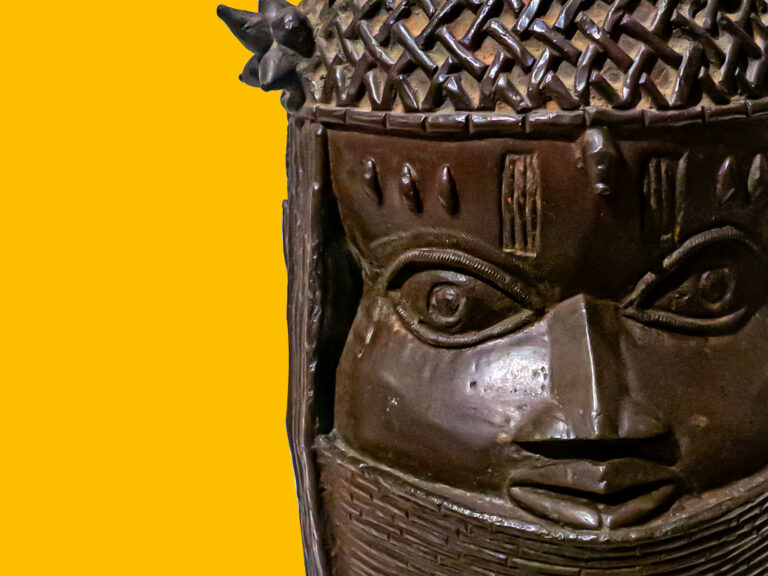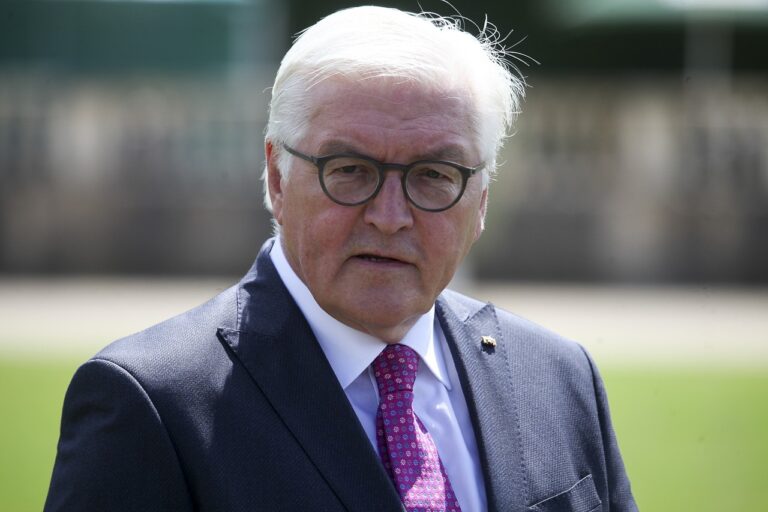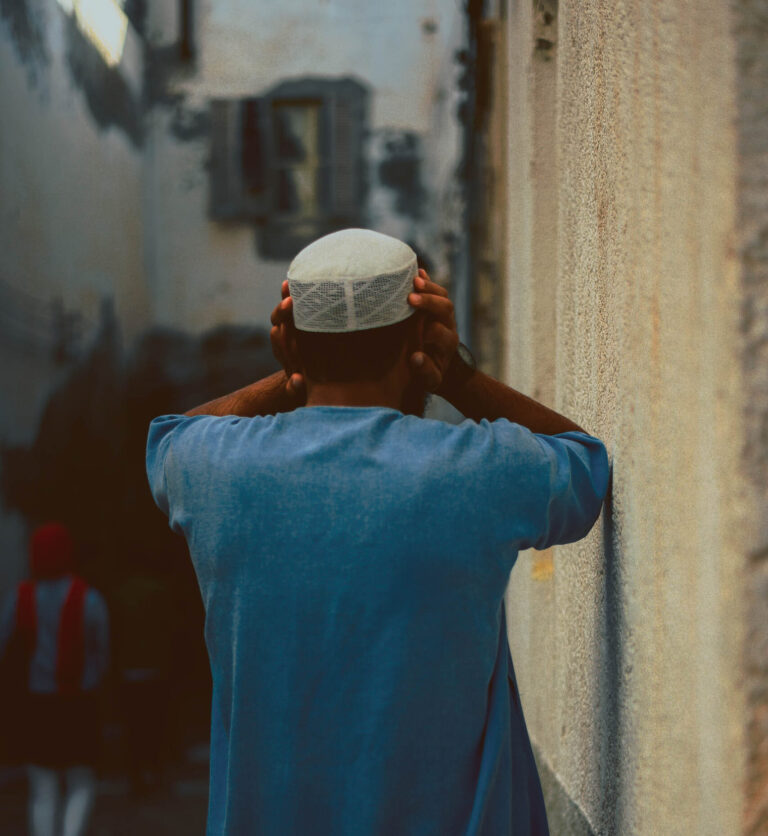King Charles III’s four-day trip to Kenya has prompted calls to confront the legacy of British colonial rule, complaints about foreign ownership of large portions of farmland, and demands for the U.K. to accept responsibility for the actions of British soldiers stationed in Kenya, writes the AP.
This visit is significant not only because it marks the king’s first state visit to an African nation but also his first to a Commonwealth member since ascending the throne last year. It coincides with the growing pressure on the U.K. and the royal family to reexamine their colonial history and apologize for their involvement in the trans-Atlantic slave trade.
While addressing historical issues, the U.K. is also keen to strengthen its modern relationship with Kenya, focusing on counterterrorism cooperation and efforts to boost trade worth more than 1.1 billion pounds ($1.3 billion) annually. The king plans to emphasize his commitment to environmental protection through visits to national parks to observe conservation work conducted by the Kenyan Wildlife Service.
King Charles has demonstrated a willingness to address challenging topics by opening the royal archives to researchers examining the monarchy’s links to the slave trade. He acknowledged the “appalling atrocity of slavery” before ascending to the throne during a speech in Barbados.
Nick Westcott, a professor of diplomacy at SOAS University of London and former director of the Royal African Society, emphasized the importance of acknowledging history. He said, “History never disappears… I think that’s how he sees it genuinely himself — that we shouldn’t paper over the past, pretending what didn’t happen, that you have to face up to it. But then the objective is to look at the future.”
The king’s foreign travels are at the request of the U.K. government and the host country’s invitation. The visit aims to strengthen the ties between Britain and Kenya.
In the colonial era, Kenya was a significant part of the British Empire, credited for its ambitious railway projects and a target for the arrival of white settlers who established coffee and tea plantations. However, colonial rule also involved displacing Black leaders, dispossessing local people of their land, and imposing heavy taxes.
The Mau Mau Rebellion in the 1950s, which aimed to end colonial rule, involved harsh measures by colonial authorities, including executions and detention without trial. This period continues to affect relations between the U.K. and Kenya.
In 2013, the U.K. government condemned the “torture and ill-treatment” during the rebellion and reached a 19.9 million-pound settlement with over 5,000 victims.
While Kenya gained independence in 1963, the country has maintained a complex relationship with the U.K.
During his visit, King Charles and Queen Camilla plan to visit a new museum dedicated to Kenyan history, the site where Kenya declared independence and lay a wreath at the Tomb of the Unknown Warrior in Uhuru Gardens.
“His Majesty will take time during the visit to deepen his understanding of the wrongs suffered in this period by the people of Kenya,’’ Chris Fitzgerald, deputy private secretary to the king, told reporters before the trip.
Kenya holds strategic importance for the U.K. and its allies, particularly the United States, as it provides relative stability and democracy in East Africa, essential for countering the threat from Islamic extremists based in Somalia.
Two years ago, the U.K. and Kenya signed an economic pact to boost trade and investment and renewed a defense agreement supporting counterterrorism efforts and British military training in Kenya.
However, some Kenyans question their country’s relationship with its former colonial power, given the historical legacy, including colonial-era laws like the ban on gay sex that still influence attitudes.
The issue of land ownership in the Rift Valley, where many tea and pineapple farms are owned by foreigners, remains contentious.
Veteran politician and human rights activist Koigi Wamwere says the continued ownership of huge parcels by British citizens while local people have no land is an “injustice that should be corrected.”
Kenya and the U.K. “cannot move forward until they apologize, offer reparations and return the land they stole,’’ he said.
The visit is also expected to reignite tensions over defense cooperation, with protests planned against alleged crimes by British forces stationed in Kenya, including a fire in 2021.
The unsolved murder of Agnes Wanjiru, who disappeared near a British base in Kenya 11 years ago, is another issue that may arise during the visit.
With a growing number of people of African origin living in the U.K., King Charles views connecting with Kenya as important. Nick Westcott noted, “They are an integral part of what Britain is today — and the king is acknowledging that in making this one of his priority visits. It is not just Kenya he’s visiting. It is Africa.”














